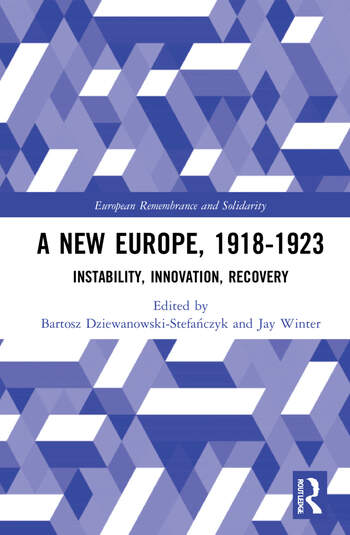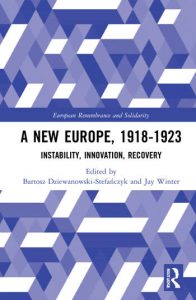Research & Studies

This new essay by Attila Pók is a part of the book titled A New Europe, 1918-1923 : Instability, Innovation, Recovery, edited by Bartosz Dziewanowski-Stefańczyk, Jay Winter.
Abstract:
This essay attempts to summarise how, during the period of 1918–1939, disparate remembrances of the Great War and its aftershocks shaped East European politics. The case studies deal with Poland, Romania, Czechoslovakia, Yugoslavia, and Hungary. The analysis deals with two aspects of the topic: first with tangible and intangible forms of commemorating heroism and victimhood, the second, how the shadow of the Great War in this region shaped political discourses. This latter aspect, the paper argues, focused on how the War and its aftermath contributed to the rise of totalitarian ideologies (Communism, Fascism, National Socialism) and the dictatorships that rested on these systems of thought. For many survivors of the Great War, remembering its horrors served as a powerful warning. But for others, the lessons of the Great War led not away from, but towards renewed violence.
Publisher: Routledge
ISBN: 978-1-0322-0973-9
More infos of the book are available on the publisher’s website.
About the Author:
© 2017-2023, All Rights Reserved